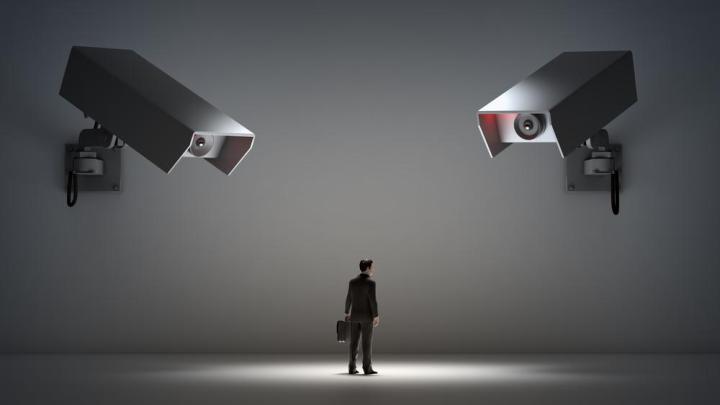
Silly Americans. You thought the NSA was bad? Meet the System of Operative-Investigative Measures (SORM), from Russia. As athletes, spectators and journalists descend on Sochi for the 2014 Winter Olympics this week, the Russian government and their Federal Security Service (FSB) want to know exactly what everyone is saying. If you’re making fun of Putin’s hair, they want to read the text. And “SORM boxes” make it possible.
According to a group of Russian journalists that have been monitoring the events leading up to the spectacle, the FSB has required communication companies in Russia to install SORM boxes that intercept all data passing through the network – and give the FSB access to that data.
Here’s the bizarre part: While the FSB needs a warrant to access the boxes, no one except FSB administrators of FSB ever have to see it. Theoretically, no one but the FSB knows what warrants have been obtained in connection to wire taps that have been executed. This contrasts what happens in the United States, where, under the Communications Assistance for Law Enforcement Act (CALEA), agencies have to show their warrant to the communication company and ask for certain data from them.
SORM has been around since the 80s, meaning it found its beginnings during the Cold War. Back then all they had to do was listen to phone calls, but now the system can monitor all kinds of communication, from emails to texts. This system is in use across Russia, but they’re paying special attention to the Winter Olympics.
The U.S. Department of State is aware of these actions, and it released the following warning:
Consider traveling with “clean” electronic devices—if you do not need the device, do not take it. Otherwise, essential devices should have all personal identifying information and sensitive files removed or “sanitized.” Devices with wireless connection capabilities should have the Wi-Fi turned off at all times. Do not check business or personal electronic devices with your luggage at the airport. … Do not connect to local ISPs at cafes, coffee shops, hotels, airports, or other local venues. … Change all your passwords before and after your trip. … Be sure to remove the battery from your Smartphone when not in use. Technology is commercially available that can geo-track your location and activate the microphone on your phone. Assume any electronic device you take can be exploited. … If you must utilize a phone during travel consider using a “burn phone” that uses a SIM card purchased locally with cash. Sanitize sensitive conversations as necessary.
More than 200,000 people are expected to visit Sochi for the Winter Olympics, and it seems many of them will be under surveillance. The SORM boxes include deep-packet-inspection technology, which allow the FSB to search for specific keywords. The FSB is able to access the boxes without the companies running them every realizing they were accessed.
Due to Russia’s controversial ban on spreading “homosexual propaganda,” it is quite likely the technology will be used to break up any possible rallies or organizing that is said to be planned for the Games. With swarms of journalists flocking to the Games as well, they too might be under surveillance in order to prevent the wrong information from getting out.


